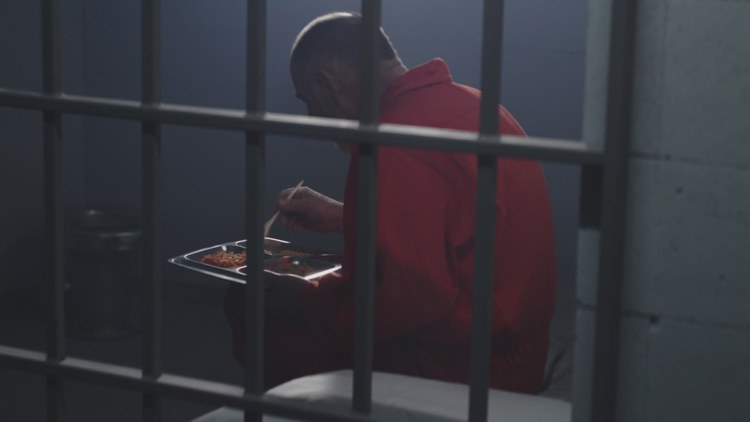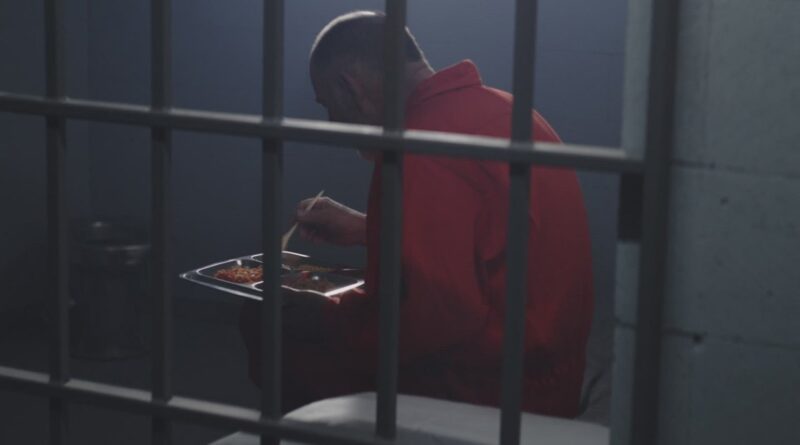Arizona bill seeks to compensate wrongfully convicted

Currently, 39 states provide compensation for wrongful convictions, according to the Arizona Justice Project.
PHOENIX — A bill providing financial compensation to wrongfully convicted individuals is advancing through the Arizona Legislature, potentially making it the 40th state to offer such relief.
House Bill 2813, sponsored by Rep. Khyl Powell of District 14, would allow individuals to seek compensation if they were pardoned based on innocence, had their conviction reversed, or were found not guilty in a retrial.
The Committee on Public Safety & Law Enforcement voted 13-0 on Thursday in favor of the bill with two members absent.
Under the proposed legislation, eligible individuals would receive compensation equal to 200% of the state’s median income for each year of imprisonment.
The bill also provides up to 52 hours of mental health treatment, 120 credit hours at educational institutions, and financial planning services.
“All we’re suggesting here is for the state of Arizona to take full accountability for their mistakes,” Powell said during a House Public Safety and Law Enforcement Committee meeting.
Khalil Rushdan, who spent more than 15 years in prison for a murder he didn’t commit, testified before the committee.
“I served 15 and a half years here in the state of Arizona for a murder I didn’t commit,” Rushdan said. “The only reason I went to prison, as was stated by a prosecutor, was the fact that they were upset because I refused to cooperate and exercise my constitutional rights.”
Since his release, Rushdan has dedicated himself to community service, serving as a mentor and working with a number of nonprofit organizations like the Department of Corrections to help others avoid going back to prison.
“I now run AZ Village Network,” Rushdan said. “We welcome anyone to come out and have a presence, to work with these individuals.”
The legislation would also require courts to expunge all associated convictions and arrests from state and federal systems, with records being sealed.
The Arizona Department of Public Safety would be required to destroy any biological samples related to the case.
Hope DeLap, strategic legal counsel for the Arizona Justice Project, explained the bill’s support services to help people rebuild their lives.
“There’s also some services available under the bill, as well mostly mental health treatment for a year after the court awards compensation,” DeLap explained. “[There’s] also educational services so they could attend an educational institution like a college, four-year program, they could get vocational or skills training.”
Compensation awards cannot be offset by expenses incurred by the state during imprisonment, such as housing or medical care.
The bill requires claims to be filed within two years of release or the law’s effective date.
The Arizona Department of Administration would be required to make payments within 45 days of a court order.

